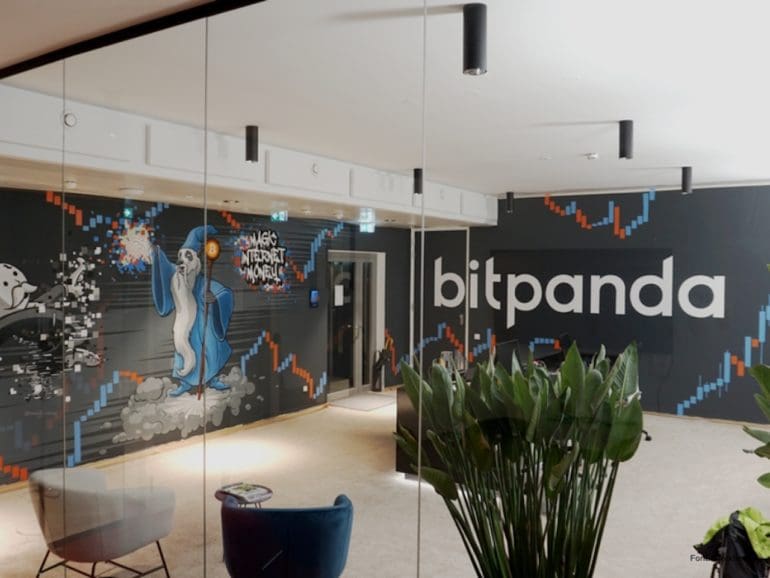More are calling for increased crypto regulation in light of the ongoing FTX debacle. Centralized crypto exchanges are particularly under fire, with many seeing their lack of regulation as a significant facilitator of fraudulent activity.
Bitpanda has been a major player in the European fintech landscape and became Austria’s first unicorn last year. Earlier this week, November 22, 2022, the company announced it had obtained the Crypto Custody and Proprietary Trading license for crypto assets from the German Federal Financial Supervisory Authority (BaFin).
It is the first European retail investing platform to obtain the license, undergoing BaFin’s strict vetting process.
European crypto regulation leads industry
With the MiCA crypto asset regulation reaching a final consensus earlier this year, many are looking to the continent to shape their own widespread regulation.
Despite this, voting on the final text of the regulation has been delayed to at least February 2023. This will likely cause additional delays in the application for the whole European Union, initially planned for 2024.
In the meantime, specific countries have implemented their own regulatory regimes to tackle crypto-related issues. Germany is said to have one of the most stringent regimes in the continent affecting crypto custody.
While, as of yet, the exchange has not published proof of reserves data publicly, the company stated via Twitter, assuring followers that there was a legally binding separation of customer and company assets. In addition, they announced an audit of their cold wallets to be carried out by KPMG, who have verified the amount exceeds the customer holdings.
The founders also published a blog post in response to the FTX fraud stating, “Do not invest in an exchange where funds and assets are not fully separated and accessible 100% of the time.”
“We are legally obliged to do this because we have chosen to acquire licenses that see us monitored by multiple financial market authorities. These choices made it more expensive for us to operate as a business, but we made them for the same reason we make all of our business decisions – it was the right thing to do.”
As of yet, the company has not reported any incidents or halted withdrawals for any reason in the eight years of running.
RELATED: Legislators approve MiCA bill

BaFin marks a monumental development
The license obtained by Bitpanda is based on the new licensing regime introduced by BaFin in January 2020. It is the most comprehensive license of its type in Germany. It will allow Bitpanda to independently offer crypto custody, as well as proprietary trading for crypto assets for German residents.
Obtaining the license makes Bitpanda the platform with the most European licenses, spanning all over the continent.
“At Bitpanda, we set the highest standards for ourselves and remain absolutely committed to doing things right, and doing the right things,” said Eric Demuth, CEO and co-founder of Bitpanda.
“This principle is firmly embedded in our DNA as a fully regulated investment platform and, in my opinion, critical to the long-term success of our industry. The security of our customer’s digital assets, as well as those of our White Label partners, is our top priority.”
“Receiving the license in Germany is the result of many months of hard work on the part of the entire Bitpanda team and took close cooperation with the team at BaFin. It strengthens our position as a pioneer in terms of regulation in Europe and highlights yet again how well-positioned we are in this area.”
“We want to give our customers a safe, secure and simple way to invest. That means being regulated, and it means a strict separation of customer and company assets, which is sadly not the case everywhere these days.”


